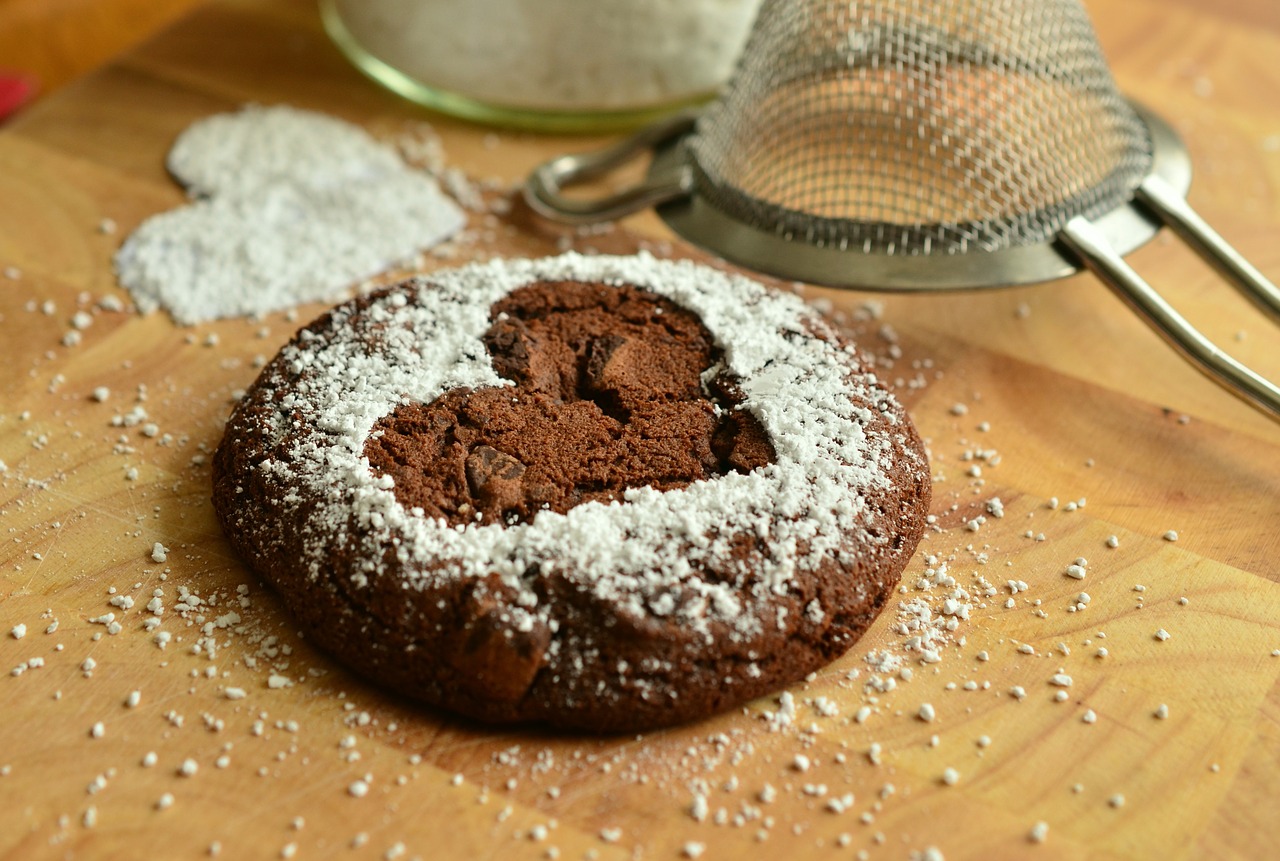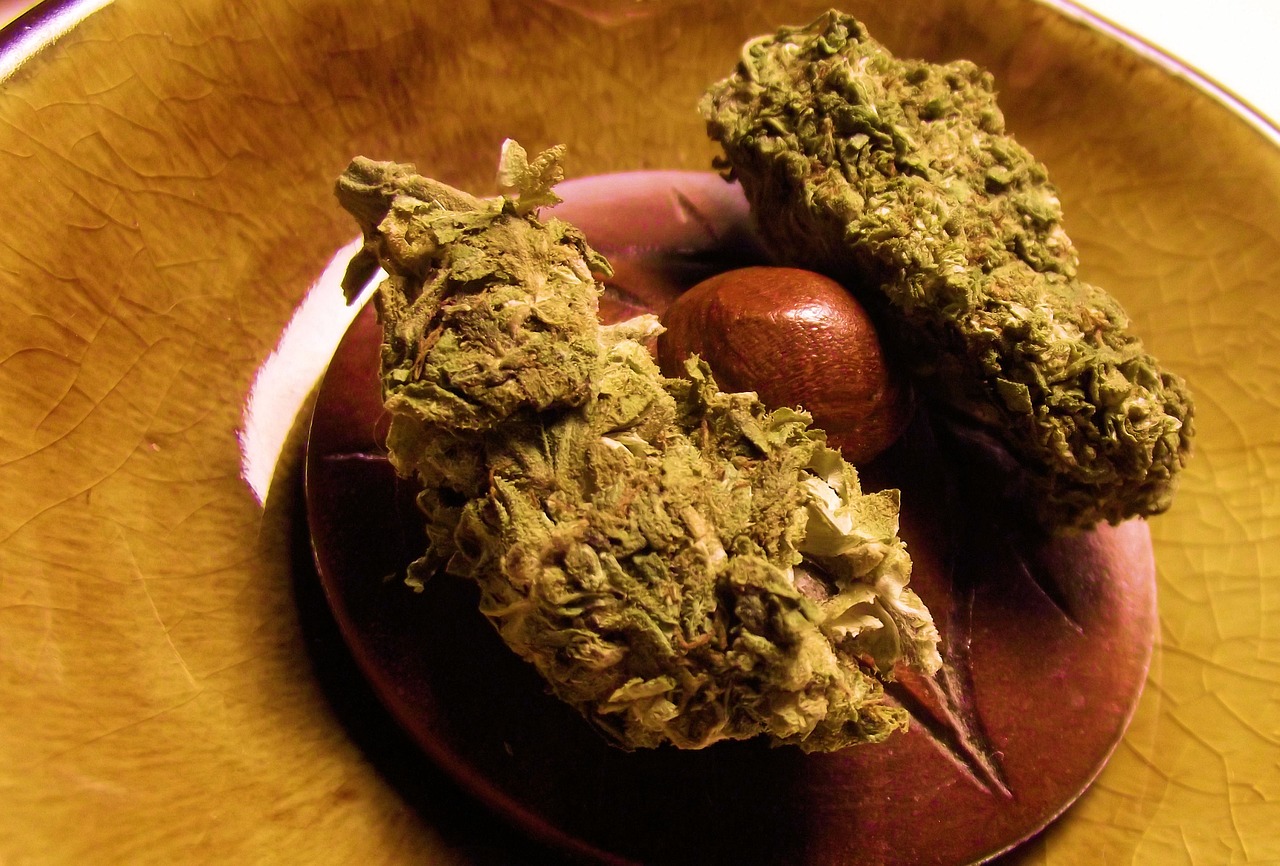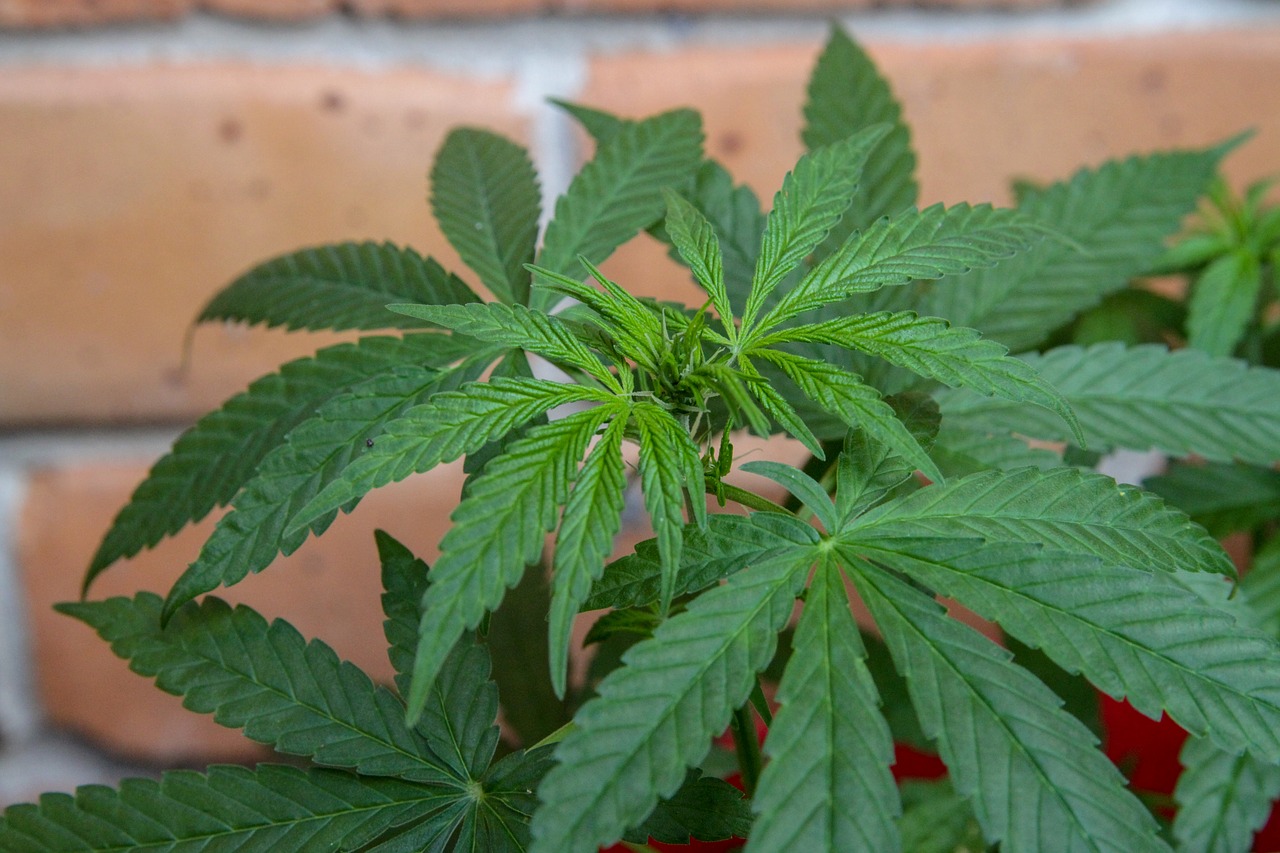Did the guy dispensing you your massage oil forget to tell you it contains an ingredient that you are allergic to? Or are you going to find out that it has peanut oil in it, after that full body massage you have been looking forward to all day?
How about that edible you just ate, did you know it had alcohol in it before you bought it, or were you made aware of that fact after you ate it, and started craving a drink – after years of being sober?
My point is, a lot of people are out there claiming to make medicines that are good for everything under the sun, but when it comes down to it, the people buying these medicines know nothing about them, and some of the people making and selling them seem to know little more than that.
The best advice I can give you is, educate yourself!
If you just don’t want to make your own products, that’s what your caregiver should be there for. A good caregiver will spend as much time as they can, learning – in order to take care of their patients and provide them with SAFE medicine they need.
Where to get Medical Marijuana Infused Products
At the very least, if you are going to go to someone other than your caregiver to get a “medical marijuana infused product”, know that you should be able to ask them questions about their product, and get a full and honest answer from them at all times. If not, or they seem too bothered to answer your questions, then this person is not there for your health, they are there to make money – period!
If someone can not explain to you how their product was made, or how it works, then it is not to be considered medicine. After all, people who practice medicine should know about the medicines they are trying to sell, shouldn‘t they?
Next time you go to buy an infused product from someone, ask them a couple simple questions and see how they respond.
If you ask, “why is it made that way?” and they answer, “because the you tube video” or “So and So, said so” then please, reconsider your purchase, and go get your infused cannabis product from someone who at least cares enough about the people they are selling it to, to do their homework, and understand how their products are supposed to work for the people they are trying to peddle them to.
To be medicine, your health care products should be made by someone knowledgeable of the compounds being used, as well as familiar with at least some basic human anatomy.
To be medicine, the product you are using, should be made in a clean and sterol environment. Do you know how many hands have handled that little plastic container your “medicine” came in, before it had your medicine put in it?
Were those containers you ordered off the internet sterol and then stored properly, or were they the overstock that has been sitting in a moldy warehouse somewhere collecting impurities that might make the user sick when they apply them?
As someone who has been actively studying herbal remedies for a couple years now, I can tell you that there is a lot more to making your own medicine, than following some you tube recipe and throwing a price tag on it.
Those out there that are buying these product, please ask questions, be aware, and educate yourselves as much as possible.
For those out there making/selling these products, I suggest the same. More and more people are educating themselves these days. If the person buying your product knows more about it than you do, chances are – you have some more homework to do!
If you come across someone who tells you THEY make a cannabis infused “medicine” and they try to sell it to you, ask them a couple simple questions about it! This is the easiest way to find out if they know anything about the cannabis infused product they are trying to sell you.
Past Experiences
I recently had a woman give me a sample of her cannabis infused “balm” that she claimed was “medicine” and presented it as a product SHE MADE. “This is the topical I make” – she says.
I took a look at it and decided to feel this person out to see how knowledgeable she was in making topical preparations. As someone who has been studying up on the subject, I was really curious to find out how much more homework I had to do before being on the level of other people who were “making cannabis infused medicine” and selling it for profit.
“How did you get the cannabis in there?” I asked. “Did you infuse the cannabis into one of the other ingredients, or add it in on it’s own?”
A look of bewilderment came across her face and I could tell I just confused the hell out of her, as she looked like a deer caught in headlights.
“Oh, um, uh… I’m not sure. I have a partner that makes it for me actually and I don’t know the process.”
I asked a similar question about the “cannabis infused medical marijuana soap” that this same person told me “she makes”. Again, I got the same kind of answer. “Oh, um I don’t know if it’s a melt n pour soap base or not. I would have to ask my partner”.
Now this person clearly had no knowledge of the cannabis infused products she was “selling”. Her answers were always similar when asking how a product worked, or how it was made. As a matter of fact, the only answers she knew for sure was, how much it costs, and how many she had available.
This person was NOT making cannabis infused medicines. This person was simply “selling” me something that I clearly had more knowledge of than they did. It was pretty apparent that she was not used to dealing with people that were informed and willing to ask a couple questions.
The bottom line is – if someone doesn’t care enough to at least learn how “their products” are made, so that they can answer some simple questions, then they likely don’t care enough about their product and the people buying it. They are simply selling you something and counting on you being as uninformed as they are.
A little homework isn’t too much to ask from someone claiming to “make cannabis medicine” – is it?


 Also, the resulting “high” or medicated feeling most people get from eating capsules is said to be stronger in many cases than with smoking marijuana, and is also said to “feel” different. Many users experience what they call a “full body” high after ingesting medicated capsules, instead of the cerebral “high” or medicated feeling they usually feel after smoking it. The effects are often said to last longer when taking medicated capsules, compared to smoking marijuana.
Also, the resulting “high” or medicated feeling most people get from eating capsules is said to be stronger in many cases than with smoking marijuana, and is also said to “feel” different. Many users experience what they call a “full body” high after ingesting medicated capsules, instead of the cerebral “high” or medicated feeling they usually feel after smoking it. The effects are often said to last longer when taking medicated capsules, compared to smoking marijuana.
 Many people still prefer smoking medical marijuana over other methods, for various reasons. The main reason many medical marijuana users like to smoke their medicine is, it is the fastest acting method of use. When you smoke marijuana, the cannabinoids (compounds that contain the medical properties) are absorbed by the lungs and into the bloodstream. The results are felt almost instantaneous.
Many people still prefer smoking medical marijuana over other methods, for various reasons. The main reason many medical marijuana users like to smoke their medicine is, it is the fastest acting method of use. When you smoke marijuana, the cannabinoids (compounds that contain the medical properties) are absorbed by the lungs and into the bloodstream. The results are felt almost instantaneous.
 People with psychiatric disorders are more likely to abuse drugs than the general population. Schizophrenics use marijuana in a higher percentage of the general population, but tend to not use alcohol or cocaine as much as the general population. Schizophrenics are at a higher risk for adverse psychiatric effects when using marijuana and heavy use can precipitate a schizophrenic episode. But marijuana does not cause the psychotic disorder.
People with psychiatric disorders are more likely to abuse drugs than the general population. Schizophrenics use marijuana in a higher percentage of the general population, but tend to not use alcohol or cocaine as much as the general population. Schizophrenics are at a higher risk for adverse psychiatric effects when using marijuana and heavy use can precipitate a schizophrenic episode. But marijuana does not cause the psychotic disorder.
 It is going to appear as if I am describing a very dangerous drug at times, but if I was writing a similar article on alcohol or tobacco I believe that it would look just as bad if not worse. This is because I want to avoid oversimplifying the issue or ignoring facts. I am going to start by discussing general conclusions of medical researchers in terms of marijuana’s health effects and then I will go into a detailed examination using the 1999 Institute of Medicine’s
It is going to appear as if I am describing a very dangerous drug at times, but if I was writing a similar article on alcohol or tobacco I believe that it would look just as bad if not worse. This is because I want to avoid oversimplifying the issue or ignoring facts. I am going to start by discussing general conclusions of medical researchers in terms of marijuana’s health effects and then I will go into a detailed examination using the 1999 Institute of Medicine’s 
 It has also been known to help those with mental disorders such as anxiety, PTSD, anorexia, and sleep disorders. Since marijuana has been illegal under federal law in the U.S., along with most other countries all over the world, sadly there has been very little research on the impact of medical cannabis and how truly effective (or ineffective) it can be for certain conditions.
It has also been known to help those with mental disorders such as anxiety, PTSD, anorexia, and sleep disorders. Since marijuana has been illegal under federal law in the U.S., along with most other countries all over the world, sadly there has been very little research on the impact of medical cannabis and how truly effective (or ineffective) it can be for certain conditions.